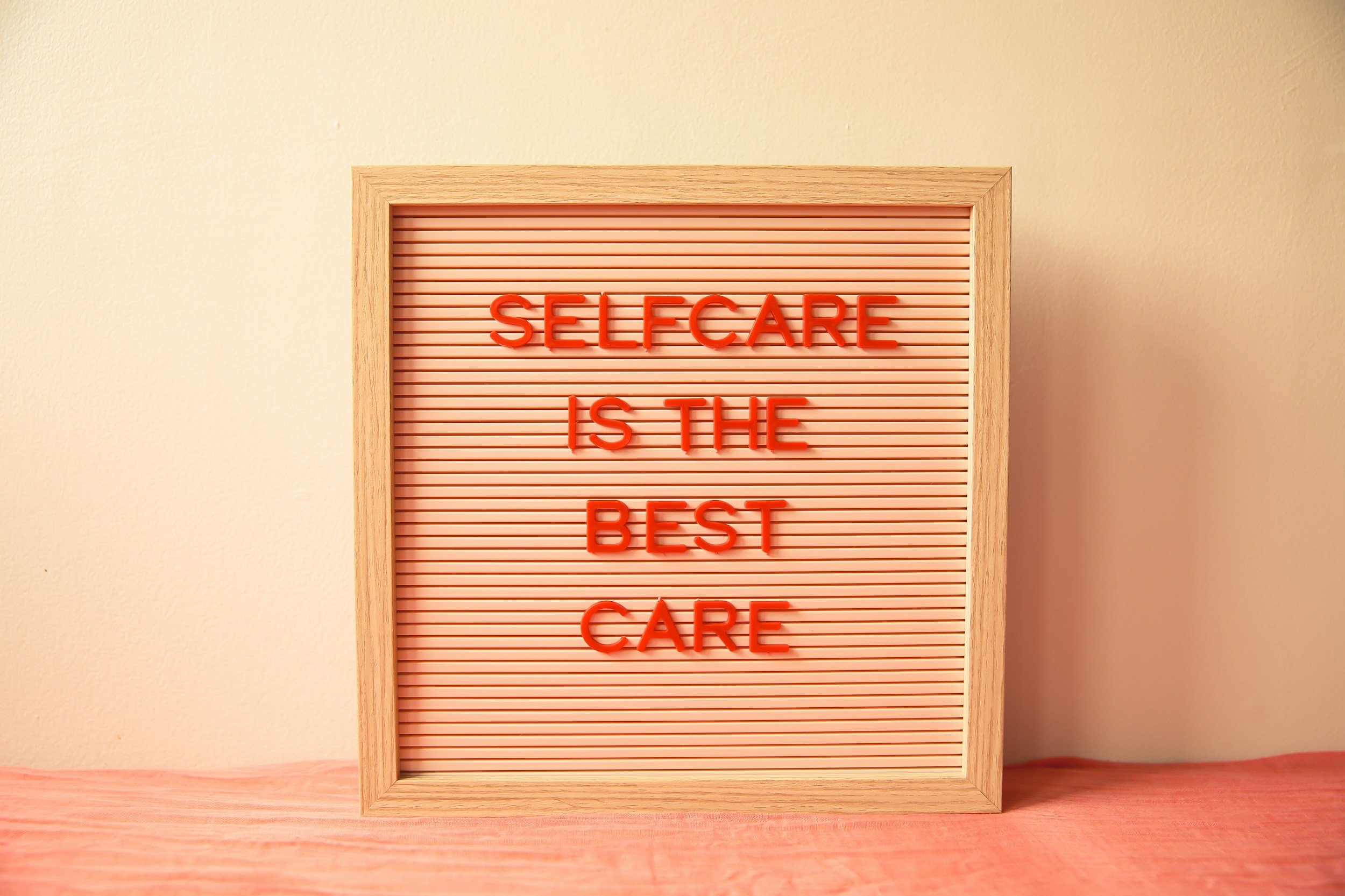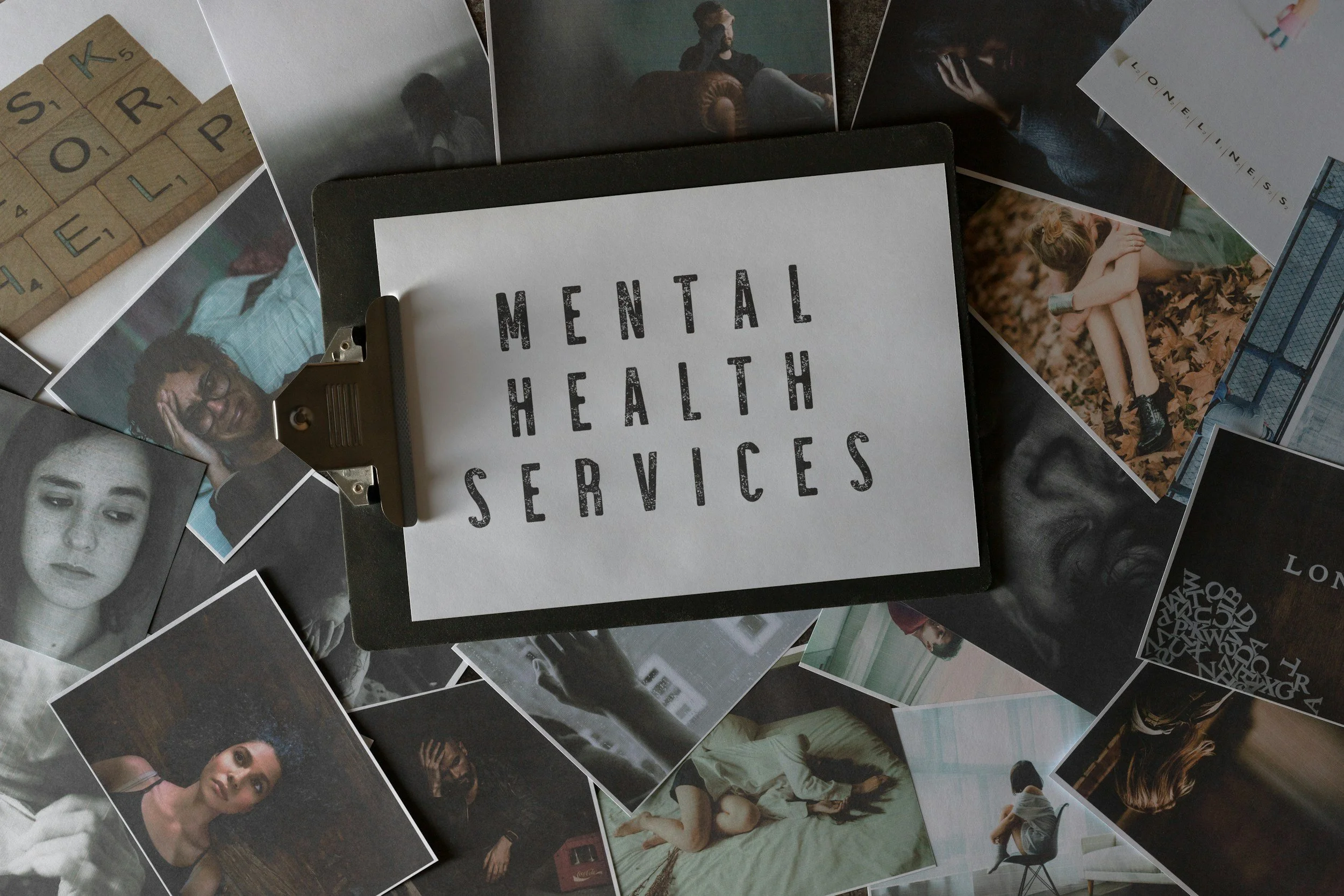Mental Health and Stigma: Why People Avoid Counseling
Understanding How Stigma Affects Us
Even with growing awareness and honest discussions about emotional well-being, stigma still quietly keeps many people from reaching out for support. Maybe you have thought about therapy but worried what others might say. Or maybe you have told yourself you should be able to handle things alone. These reactions are common and deeply human. The truth is, struggling emotionally is not a sign of failure. It is a normal part of being human, and getting help is a powerful act of self-care.
Despite progress, stigma continues to shape how people view mental health care. For some, it feels easier to push through alone than to admit they are hurting. Yet emotional pain deserves the same care and attention as physical pain.
Stigma often begins with misunderstanding. Many still believe therapy is only for people who are “broken” or “can’t handle life.” In reality, counseling is a courageous decision to face challenges directly. It is a sign of strength and self-awareness. Seeking help shows that you value your health and want to understand yourself better.
When we talk openly about mental health, we begin to challenge old narratives that say we must always appear strong. True strength lies in honesty, connection, and the willingness to grow.
1. Fear of Judgment
One of the biggest reasons people avoid therapy is the fear of being judged. Many worry that seeking counseling means something is wrong with them. This fear can come from family messages, social expectations, or cultural beliefs that prize independence above all else.
In truth, therapy is not about being judged. It is about being seen and understood. In a private, supportive setting, you can speak freely without fear of being criticized or misunderstood. Therapists are trained to listen without judgment and help you explore your thoughts with compassion.
If fear of judgment feels familiar, try reframing therapy as a form of regular health maintenance rather than a last resort. Just as you visit a doctor to prevent illness, therapy supports your mental and emotional balance before things become overwhelming. Over time, many people find that self-reflection leads to improved confidence, communication, and emotional resilience.
Research from the American Psychological Association shows that people who engage in therapy report higher life satisfaction and improved relationships, even when they start before a crisis. It is not about something being “wrong.” It is about giving yourself permission to grow.
2. Misconceptions About What Therapy Is
Television and movies often show therapy as lying on a couch and talking endlessly about childhood. While exploring your history can matter, modern therapy is much more active and collaborative.
Cognitive Behavioral Therapy (CBT), one of the most researched methods, helps identify patterns of thinking that contribute to stress or anxiety. For example, noticing an automatic thought like “I always fail” and learning to question it can dramatically change how you feel day to day. Dialectical Behavior Therapy (DBT) combines mindfulness and emotional regulation skills, helping you stay steady through intense emotions.
Therapy is not about being analyzed or told what to do. It is about learning tools that make life feel more manageable. Many clients describe therapy as a space where they can pause, reflect, and find clarity about what truly matters to them.
When you begin therapy, your sessions are shaped around your goals and needs. Some people focus on anxiety management, others on relationship issues, trauma healing, or life transitions. Each session is a conversation about growth, not judgment.
3. Cultural or Generational Beliefs
Cultural or family values can deeply influence how we view therapy. For older generations or certain communities, therapy may still carry a sense of shame or weakness. Messages like “keep it in the family” or “just tough it out” discourage open discussion about emotions.
But emotional health is part of overall health. You would not ignore a persistent cough or injury, and emotional distress is no different. Therapy provides tools that complement, rather than replace, your cultural or spiritual beliefs.
Many younger adults are helping to change this conversation by normalizing therapy as a regular part of wellness. They see it as something that strengthens rather than divides families. By modeling self-care, you show others that taking care of your mind is an act of love, not rebellion.
If this barrier feels personal, consider sharing your experience with one trusted person. Openness helps reduce stigma in communities and encourages others to seek support when they need it most.
4. Not Knowing Where to Start
Even after deciding to seek therapy, many people feel unsure about how to begin. The process can seem confusing: finding the right therapist, understanding insurance, or figuring out what to talk about in the first session.
Start small. Look up online therapy options in Ohio or browse therapist profiles on reputable directories like Headway or Psychology Today. Many clinicians offer brief introductory consultations so you can ask questions about style, scheduling, or approach. This first conversation is not a test. It is simply a way to see whether you feel comfortable.
You can also make a list of what brings you to therapy—perhaps stress, relationship tension, or feeling stuck in life—and share it with your therapist. They will help you clarify goals and guide the process step by step. Therapy is not a lifelong commitment. It is a flexible process that adapts to your needs and grows with you.
5. Believing Things Have to Be “Bad Enough”
Another common misconception is that therapy is only for crisis situations. In reality, therapy is most effective when used proactively. You do not have to wait until you hit a breaking point to benefit.
Therapy can help with everyday challenges like managing stress, improving communication, or finding motivation. It can also deepen your sense of purpose and help you reconnect with what brings meaning to your life. Research from the National Institute of Mental Health shows that early support can reduce the severity and duration of future mental health concerns.
Seeing a therapist when things are “okay” can help you build coping tools and emotional insight that make future struggles easier to navigate. Think of it as strengthening the foundation before the storm arrives.
Taking the First Step Toward Healing
The stigma around mental health is fading, but real change happens one person at a time. It begins when you decide that your emotional well-being deserves care and attention. Therapy offers a space to explore what is not working, to find clarity, and to develop strategies for lasting growth.
If you have been considering counseling or wondering whether online therapy in Ohio could be right for you, this is your reminder that you do not have to face it alone. Healing starts with a single conversation, and that first step can open the door to a more balanced, fulfilling life.
When to Reach Out
If you notice that stress, anxiety, or sadness are starting to affect your daily life, relationships, or sleep, it may be time to reach out for help. You do not need to have everything figured out before you start. Therapy is a partnership designed to meet you where you are.
Whether you are exploring online therapy in Ohio for the first time or returning after a break, your mental health deserves consistent attention and care. Reaching out is not a sign of weakness. It is an investment in yourself and the life you want to create.
— Sam Long, LISW
Founder of Long Therapy Services, LLC
-Growth and Healing, Wherever You Are-
Ready to start? Contact me today or schedule through Headway or SonderMind.
Learn more by going to About or Services pages. Have specific questions go to FAQs.
The information on this page is for educational purposes only and is not a substitute for professional therapy, diagnosis, or treatment. If you are in crisis, call or text 988 (Suicide and Crisis Lifeline) or go to your nearest emergency department.






























